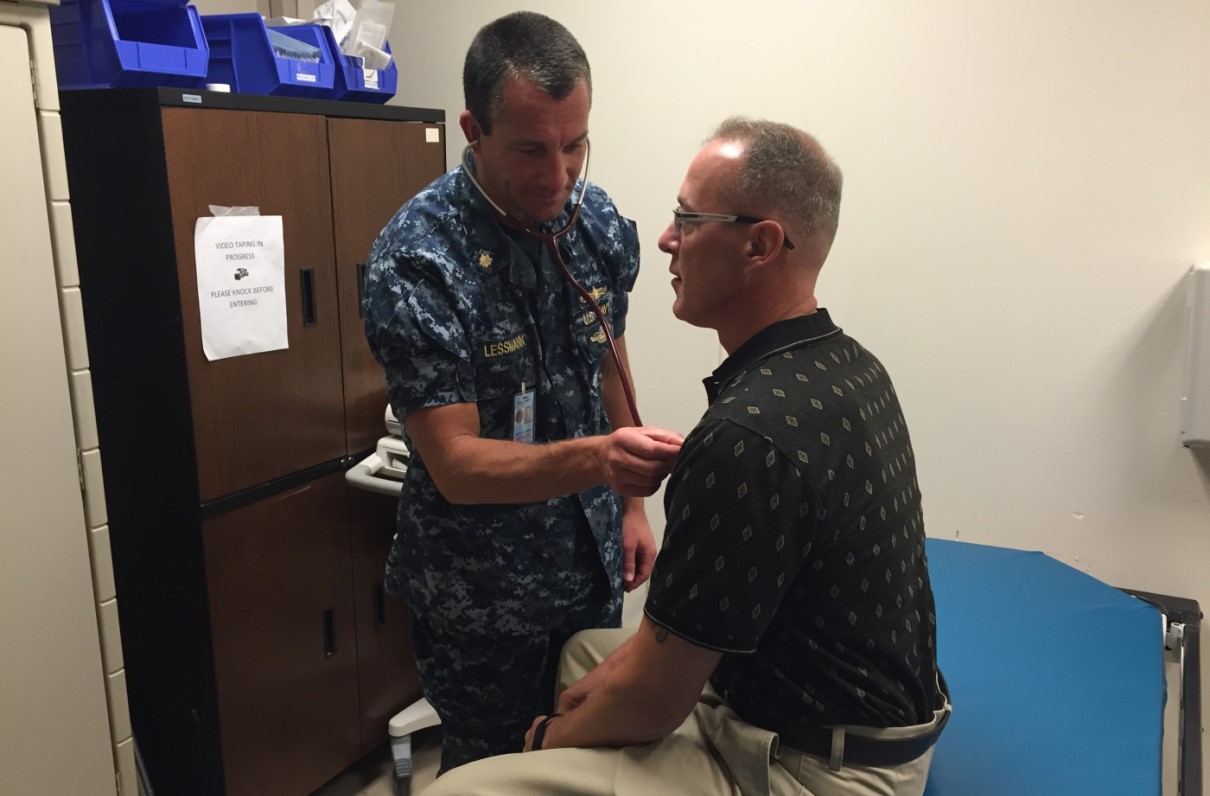First and foremost, military medicine is a national treasure, and its importance to our country cannot be overstated. The military has a long history of producing medical innovations which have resulted in great benefit for civilian medicine. The progress made on the battlefield during the past 18 years of war represents a transformation of extraordinary medical achievement for the United States and the world.
However, now there is tangible movement to dismantle this national treasure and potentially damage it beyond repair - and this takedown has been insidious. Thus, it is a fair question to ask, is the true intention to outsource military medicine?
[TAKE ACTION: Tell Congress Not to Dismantle Military Medicine]
The Defense Department’s fiscal 2020 budget calls for the elimination of about 18,000 military medical positions. This is roughly 20% of the military’s medical force. This reduction in medical capacity seems to have been developed absent a medical readiness requirement analysis in support of combatant operational plans. Instead, the cuts appear to be based on a market or network analysis in the vicinity of installations.
A 20% force reduction constitutes a qualitative change to the military health system, which will cause unintended consequences and may affect all of American medical care. These consequences will be felt in the areas of combat casualty care capabilities; recruitment and retention; and in the already taxed civilian health care sector. These changes will not only dramatically affect currently serving troops. Retirees could see, and many are already experiencing, reductions in care, including pharmacy services. Many TRICARE Prime enrollees are already being a pushed into the civilian network for all of their care. This may be just the beginning.
MOAA is looking for answers to the following key questions and more:
- Surge capacity – can military medical departments still support operational plans, medical requirements, combat operations, humanitarian aid and disaster relief missions? Simultaneously?
- How will the reductions affect recruitment and retention of military medical professionals to include the reserve component?
-
Will there be adverse effects on retention for each of the parent services? (The military health benefit is a key factor for military families who are making re-enlistment decisions).
- What is the stateside-to-overseas dwell ratios for deployments? Are they acceptable and predictable levels, or will the reductions result in more frequent deployments?
- What will be the effect on the Graduate Medical Education programs (the pipeline of physicians)? Not to mention the quality…
- What will be the effect on civilian medical communities associated with closure or downsizing capabilities of military treatment facilities?
Proceeding without full analyses and transparency could leave the military community insufficiently sized or with inexperienced medical personnel stateside to support overseas deployments, combat operations, and humanitarian missions. MOAA asks that you alert Congress to this issue by asking them to include provisions in the upcoming 2020 National Defense Authorization Act (NDAA) directing the DoD to:
- Develop metrics to measure long-term impacts on military readiness, family member readiness, graduate medical education, and combat casualty care capabilities.
- Delay medical force restructuring implementation until approved metrics are implemented and can be monitored.
- Develop a phased implementation plan with milestones for each phase to be met if and before advancing phases.
- Provide Congress with a full assessment prior to any proposed large-scale billed reprogramming initiative.




